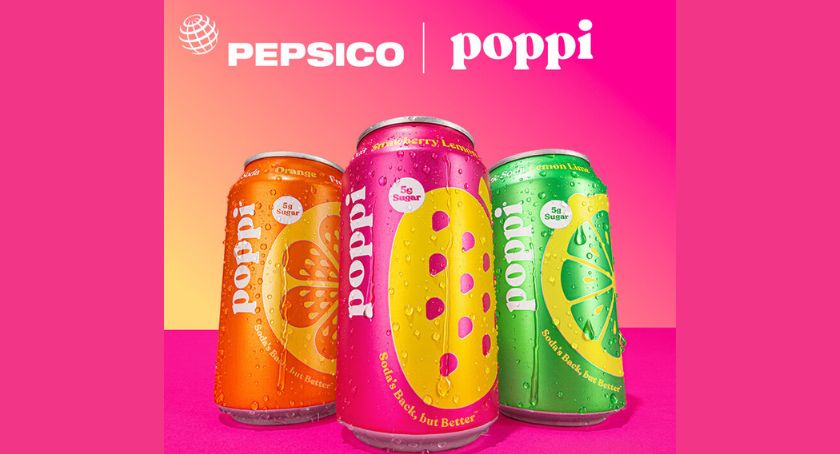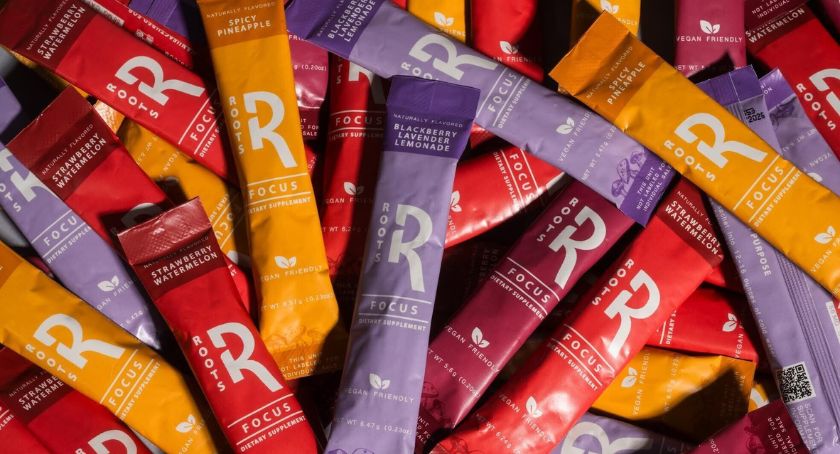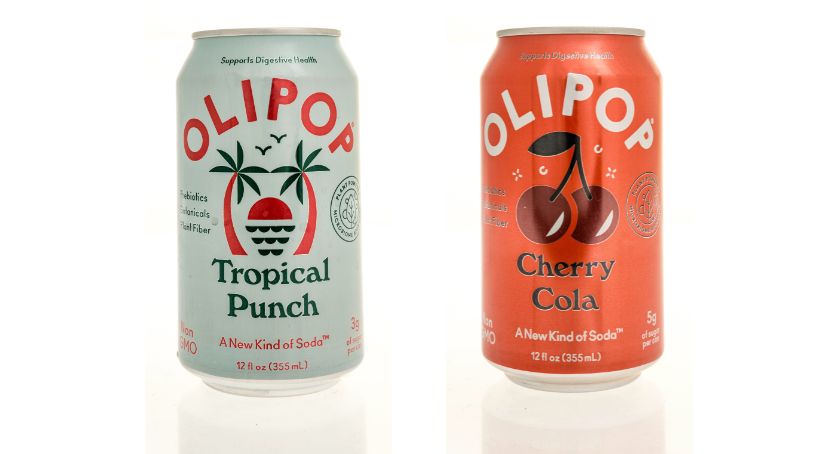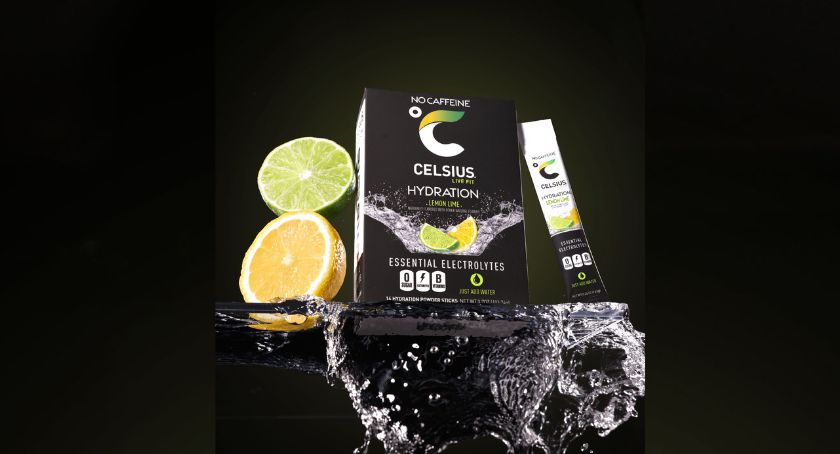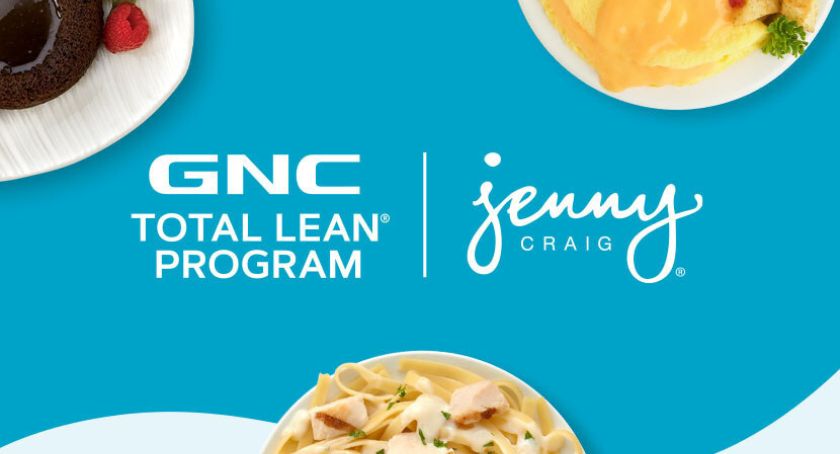Market Updates
Plant Sterols Plus EPA & DHA May Lower LDL Cholesterol and Triglycerides
Spread fortified with plant sterols and fish oil lowered triglycerides and LDL in men and women with high cholesterol.

By: Sean Moloughney
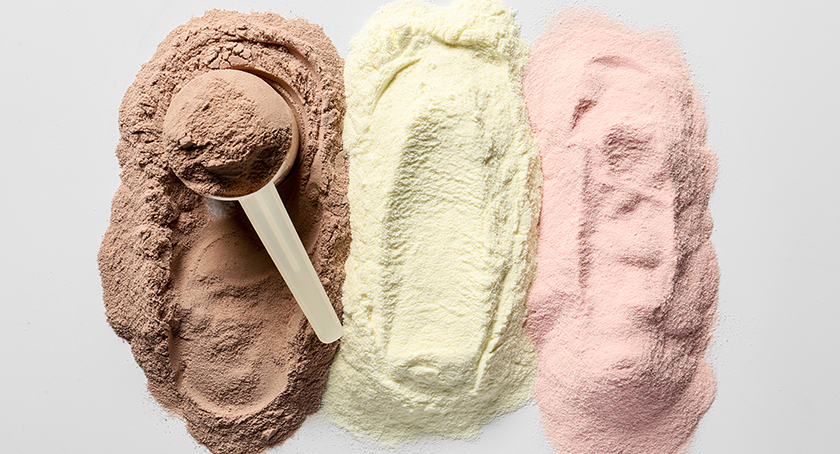
New research demonstrates that the consumption of a combination of low dose omega-3 and plant sterols can effectively reduce both LDL-cholesterol and triglyceride levels in men and women with high cholesterol levels. The research, recently published in the Journal of Nutrition is the findings of a research group from Unilever Research and Development Vlaardingen (The Netherlands), Quadt Consultancy BV (The Netherlands) and Food Files (Sweden).
Plant sterols are known to lower low-density lipoprotein cholesterol (LDL-C) whereas high intakes of the omega-3 fish fatty acids EPA and DHA are known to lower triglycerides. Consumption of a combination of plant sterols and EPA+DHA could therefore address these two blood lipid risk factors simultaneously.
High circulating levels of triglycerides and LDL cholesterol have both been linked with greater risk for heart disease and strokes. And although these associations do not necessarily indicate that these factors cause cardiovascular disease, people with elevated cholesterol should try to do what they can to reduce these blood lipids. They are advised to watch their weight, to exercise regularly and choose a diet low in saturated fats, trans fats, cholesterol and salt while increasing their consumption of fruits, vegetables, whole-grains, legumes and fatty fish. Foods containing plant sterols are also promoted, as they can substantially lower LDL-cholesterol.
To test the theory that consumption of a low-fat spread enriched with plant sterols and EPA+DHA from fish oil lowers both LDL-cholesterol and triglycerides, researchers conducted the “gold standard” of nutrition studies: a randomized, placebo-controlled, double-blind trial in which 85 men and 247 women with high blood cholesterol levels consumed 1 of 5 low-fat experimental spreads. For 4 weeks, those assigned to the control group used 30 grams of margarine containing neither plant sterols nor fish oil daily. Volunteers assigned to the other groups consumed the same amount of spread fortified with plant sterols (2.5 g/d) and varying amounts of EPA+DHA (0, 0.9, 1.3, or 1.8 g/d). Blood samples were collected at the beginning and end of the study.
As hypothesized, the study concluded that consumption of a low-fat spread enriched with plant sterols and different low doses (<2 g/d) of omega-3 fatty acids from fish oil decreases triglyceride concentrations in a dose-dependent manner while also decreasing LDL concentrations. The scientists concluded: “The use of low-fat spreads enriched with both plant sterols and fish oil may thus offer an interesting opportunity for a combined blood lipid benefit that would fit in diet and lifestyle changes for improving blood lipid profiles.”
Rouyanne Ras, first author of the article, noted, “The findings from this study indicate that the use of low-fat spreads enriched with both plant sterols and fish oil may offer an interesting opportunity for a combined blood lipid benefit that would fit in diet and lifestyle changes for improving blood lipid profiles.”
The study was designed as a randomized, double-blind, placebo-controlled, parallel study. After a 4-week run in period 332 subjects were randomized to receive either a control spread (no plant sterols, no EPA+DHA) or one out of four intervention spreads containing a fixed amount of plant sterols (2.5 g/d) and varying amounts of EPA+DHA (0.0, 0.9, 1.3 and 1.8 g/d) for 4 weeks. Results showed reductions in triglycerides ranging dose-dependently from 9.3% to 16.2% in the various EPA+DHA groups compared to control. LDL-C was significantly decreased in all groups consuming plant sterols (~13%) compared to control.



